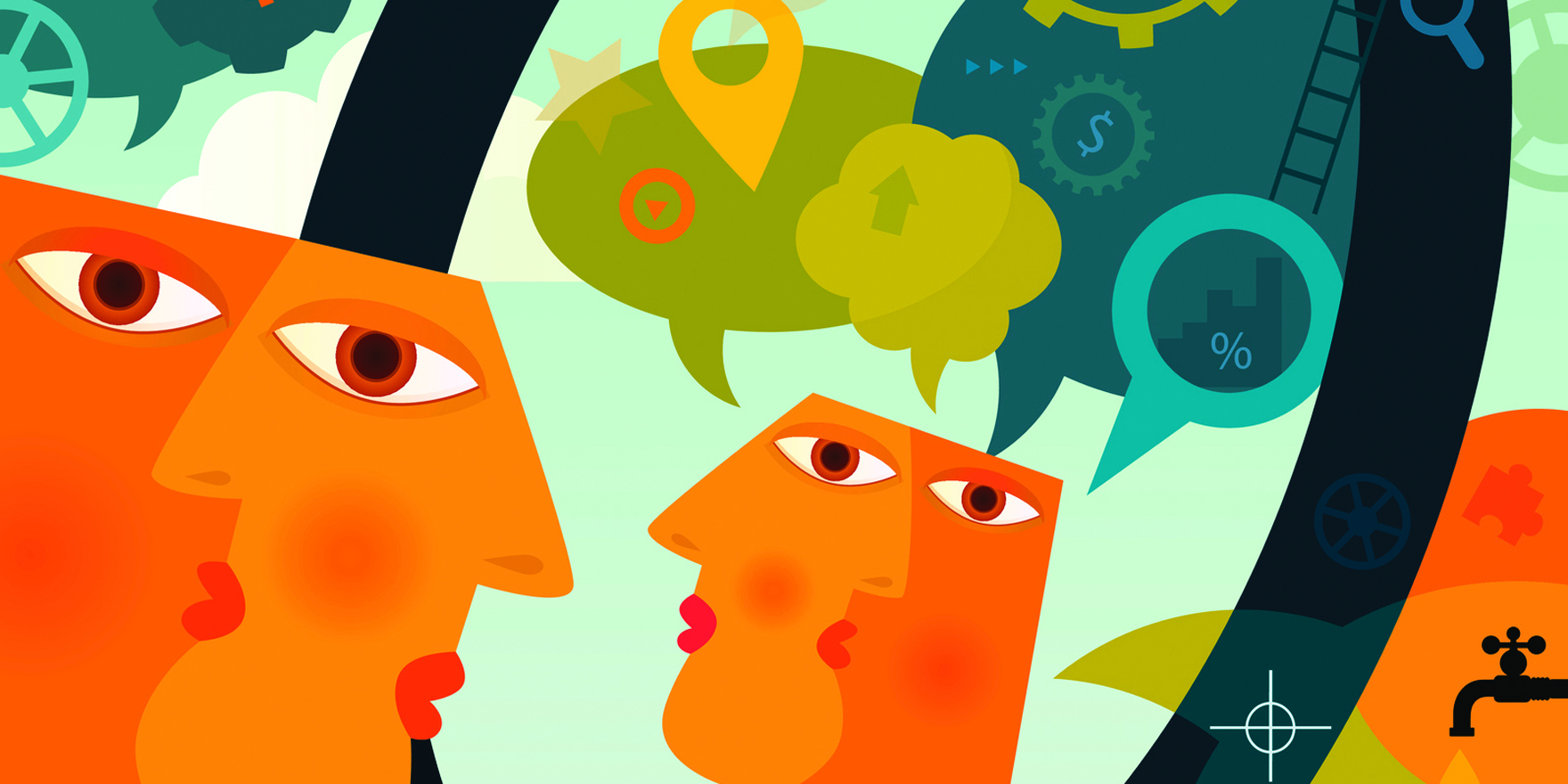When it comes to showing empathy, GPs are doing better than they think they are
Chances are, you have a self-confidence problem when it comes to your empathy skills. But that might not be a bad thing, according to experts.
A new study shows GPs rate their own performance substantially lower than their patients’ rate them when it comes to showing empathy. Female and younger doctors, in particular, were more likely to underestimate their ability to deliver empathetic care.
One of the biggest gaps between perceived empathetic care was in consultations dedicated to psychosocial care, where patients rated the empathy delivered at an average of 46.29 out of 50, compared with doctors’ score of 32.81.
“Being a GP is centred around that doctor-patient relationship, and empathy is one of the key tools of making sure it’s strong,” Professor Jane Gunn, head of general practice at the University of Melbourne, said.
These findings underscored just how effective GPs were at delivering empathy, even if they were being particularly hard on themselves, she said.
Empathy has become a hot new topic, with ever more commentary dedicated to showing how empathy improves patient experiences and outcomes.
“Over the years, a growing body of research reported that empathy is a pillar of the physician-patient relationship, and positively associated with healthcare outcomes,” the study authors wrote.
Along with improved patient satisfaction and therapeutic relationship, empathy also improved diagnostic accuracy and adherence to drugs and therapy, they said.
To test how accurate GPs’ perception of their own empathy was, the Dutch investigators asked GPs how good they thought they were at a range of measures in the consult. These included making their patients feel at ease, listening, showing care and compassion, giving clear explanations, helping the patient take control and making a mutually agreed-upon plan of action.
To the patients, the investigators asked the mirror of these questions.
The questionnaires from 147 consultations, including 34 GPs in 16 practices, revealed that GPs almost always perceived their empathy as being worse than that rated by the patients.
Overall, patients gave their GPs an average score of 42.1, whereas GPs gave themselves 31.6.
In all bar 12 consultations, GP ratings were worse than the patient ratings.
“The patients experience a great deal of empathy during their clinical encounter,” they wrote. “Moreover, these results show that, although some research finds a decline in physician empathy after finishing medical school, physicians are still being found to be empathic by their patients.”
As part of the study methodology, GPs and patients were randomly told at the end of the consultation whether they would need to fill in a questionnaire. This was an attempt to reduce the influence of the questionnaire on skewing the doctor performance or patient expectations.
Patients actually rated female GPs slightly more empathetic than their male counterparts (42.70 versus 41.47), despite the women rating themselves slightly worse than men (31.06 versus 32.12).
Professor Geoff Mitchell, University of Melbourne’s professor of general practice and palliative care, said it wasn’t surprising that GPs were hard on themselves.
Almost by definition, GPs were more likely to be people-focused and so while they might think they were not providing that interpersonal care, they almost certainly were, he said.
If you were holding yourself up to the memory of your most emotionally taxing consultations, it was understandable that you might underestimate the amount of empathy you were conveying in the less-demanding interactions, he added.
While public perception (and sometimes perception within the medical specialties) could at times be negative of general practice, this research backed up other objective data showing high patient satisfaction, Professor Gunn said.
“Yes, GPs might not rate their skills as highly as patients do,” Professor Gunn said.
“[But] it’s probably a good thing to have a bit of humility in the conduct of medicine, because certainly the opposite can lead to negative outcomes for everybody.”
BJGP 2018; online 30 August


